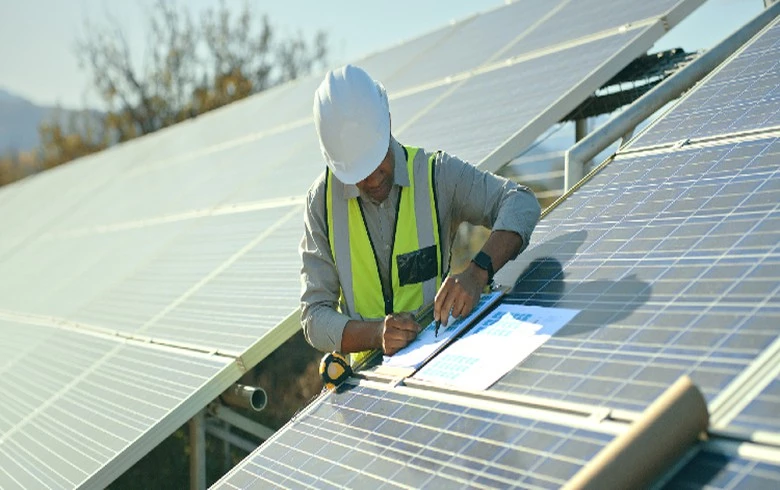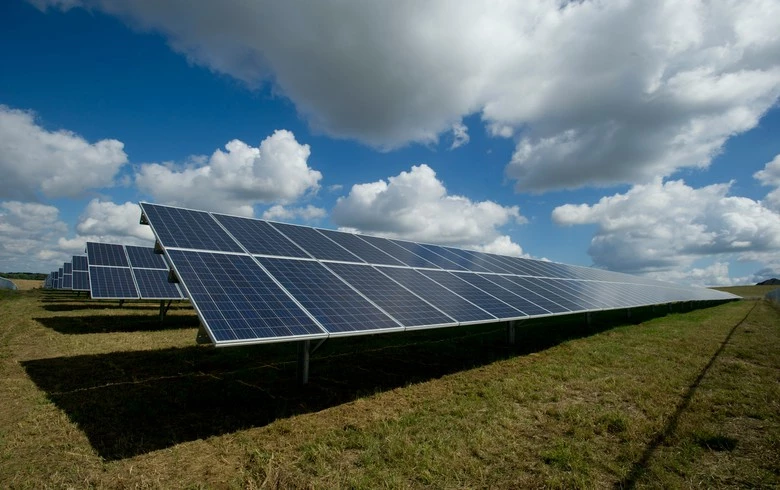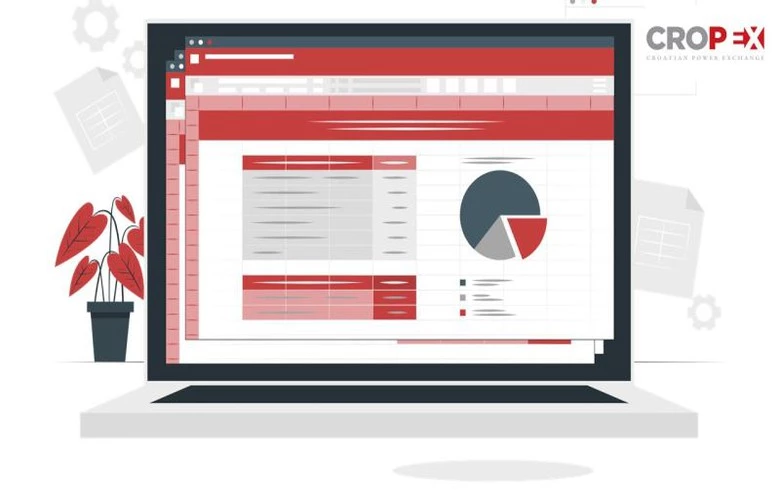Search
TOPICS
COUNTRIES
INDUSTRY
Countries
Browse Countries
Mix and match your focus countries with our advanced search
Latest in Countries
Industries
Browse Industries
Mix and match your focus countries with our advanced search
Latest in Industries Sep 6, 2024
Sep 6, 2024
Economy
Browse Economy
Mix and match your focus countries with our advanced search
Latest in Economy Sep 6, 2024
Sep 6, 2024
Investments
Browse Investments
Mix and match your focus countries with our advanced search
Latest in Investments
Politics
Browse Politics
Mix and match your focus countries with our advanced search
Latest in Politics
Deals
Browse Deals
Mix and match your focus countries with our advanced search
Latest in Deals Sep 6, 2024
Sep 6, 2024
SEE TOP 100
Browse SEE TOP 100
Mix and match your focus countries with our advanced search
Latest in SEE TOP 100 Sep 6, 2024
Sep 6, 2024
Tech
Browse Tech
Latest in Tech
Green
Browse Green
Mix and match your focus countries with our advanced search
Latest in Green
















